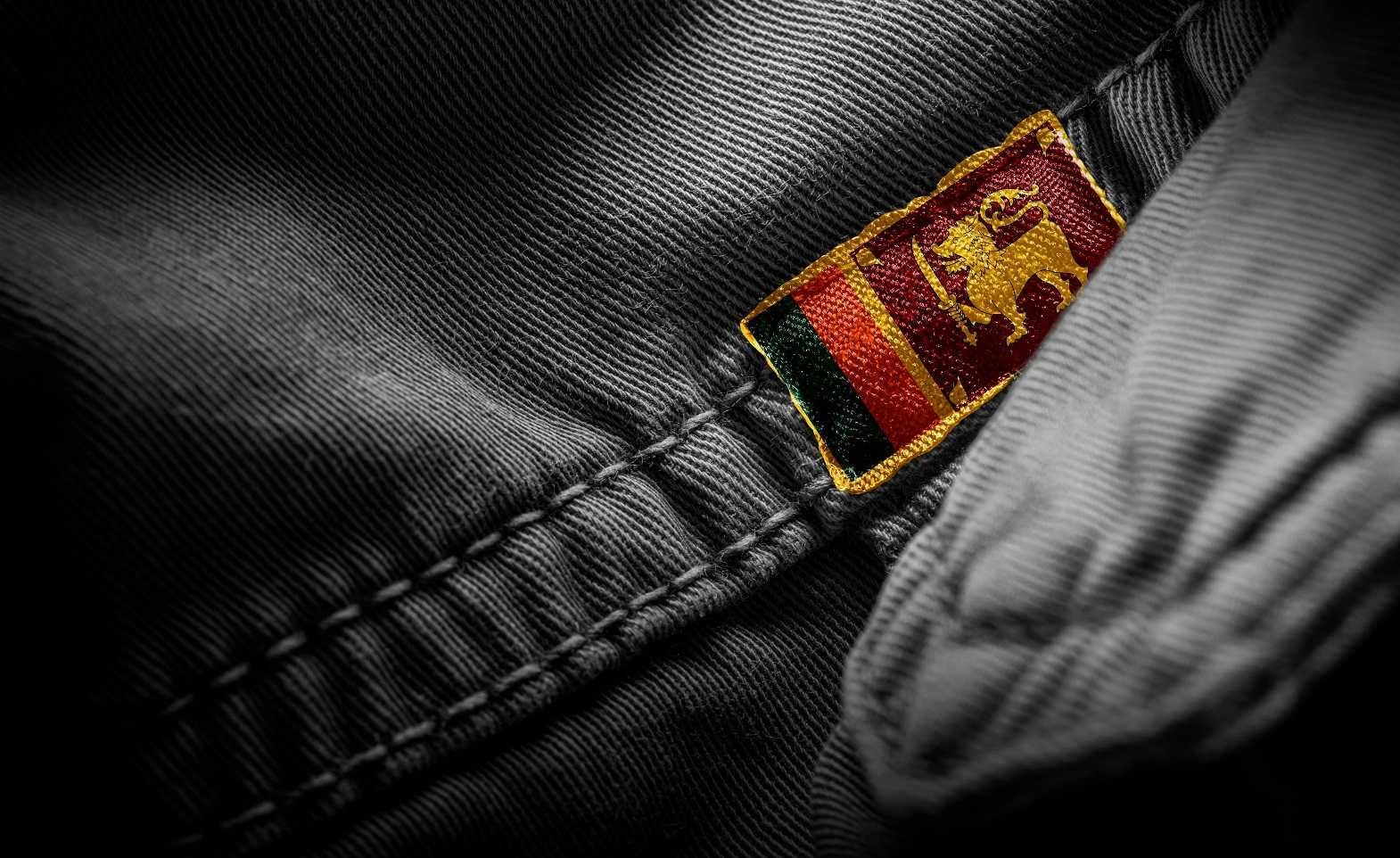Organized by the Export Development Board, Expo 2012 aimed to raise international awareness of Sri Lanka's post-war export industries and attract export orders. The presence of large foreign investors at the event was seen as a vote of confidence in Sri Lanka. Additionally, the Sri Lankan government hosted the US-Sri Lanka Trade and Investment Framework Agreement (TIFA) talks in parallel with the exhibition, allowing exporters to present their products to a high-level US trade delegation.
Apparel is Sri Lanka's leading export product, making a significant contribution to the country's economy. Clothing and textiles accounted for 52% of total industrial exports from Sri Lanka in terms of value and around 40% in terms of volume last year. The industry expects a prosperous year in 2012, with most companies reporting healthy order books for the coming months.
Brandix, Sri Lanka's largest apparel exporter, expressed confidence that export demand would remain strong despite worries about the European economic slowdown. This confidence is partly due to the increasing costs of production in China and the overheating of Vietnam, which has led manufacturers to explore Sri Lanka as an alternative destination.
"There are lower cost destinations like Bangladesh, but they have an ethical question mark hanging over them," said Raghuraman. "Now, with more consumer awareness, compliance matters. It's not like before. Buyers are now getting into ethical sourcing. That's where we have been able to do better. They are not paying us more for ethical products but they are giving us more orders."
New international buyers
The end of war has also helped the apparel industry. With travel warnings
letting up after the end of a 25-year civil war in May 2009, new international
apparel brands are now placing orders with Sri Lankan factories. "Since
the end of the war we have seen some new brands coming to Sri Lanka. Previously there were restrictions, like travel warnings. But now anyone
can come to Sri Lanka. It has also become easier for our long term
customers as well, and they have also increased their outputs from Sri Lanka because there are no security issues now," said Raghuraman. Brandix says its
order books are full until July and is not expecting a downturn for the rest of
the year.
Daya Apparel, another large exporter, hopes to attract new buyers for its
multi-purpose clothing that is water and dust resistant. "Many buyers
don't know this type of thing is available. All this time only one
international brand was buying these items from us. But we showed these
items to other buyers who came to the exhibition and they were very
interested, because these garments are very versatile," said Merchandising
Director Ranjith Fernando. Daya Apparel says its order books are full until
August and is hopeful of growth during the rest of the year.
This article was originally published in 'The Stitch Times', May, 2012.








Comments